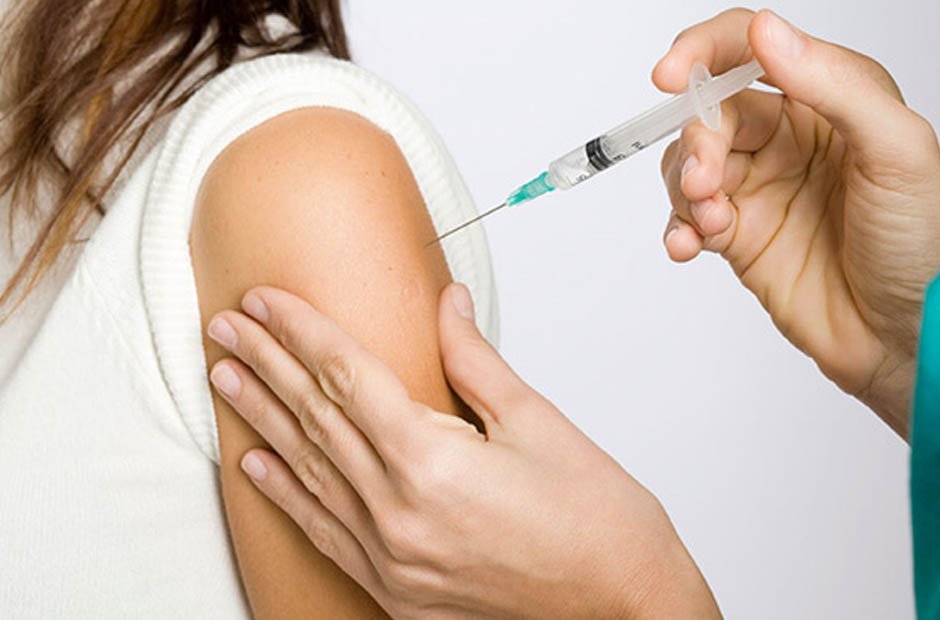Trying to figure out the right age for the cervical vaccine? It’s a pretty common question for parents and young adults alike. The HPV vaccine protects against a virus that can cause several cancers, and most experts suggest kids get vaccinated at 11 or 12, though starting as early as 9 is totally an option. The vaccine works best before any exposure to HPV, which usually happens through sexual contact.
The series involves two or three shots, depending on when you start. If kids get their first dose before turning 15, they just need two shots. Those who start later will need three. Early vaccination isn’t just more effective—it’s also less hassle.
Even if someone missed the ideal window, catch-up vaccination is still recommended for anyone up to 26 who hasn’t finished the series. Adults between 27 and 45 might want to get vaccinated too, but it’s best to talk it over with a doctor and weigh the pros and cons based on personal risk.
Optimal Age and Considerations for Cervical Vaccine
Timing really matters for the cervical vaccine. Getting it at the right age sets you up for the strongest immune response, ideally before any chance of encountering HPV.
Where to Get the Cervical Vaccine
You can find cervical vaccines in Singapore at polyclinics, private clinics, and even through school health programmes, making it accessible for teenagers and adults.
Subsidies under CHAS help lower costs, while the full vaccine series usually ranges from $300 to $700 depending on the clinic and vaccine brand. Options like Cervarix and Gardasil are offered, with Gardasil 9 being the most comprehensive, covering nine HPV types.
Recommended Age Groups for Vaccination
The sweet spot for HPV vaccination is between 11 and 12. Kids at this age seem to build the strongest defense from the vaccine. Health authorities like the World Health Organization point to these preteen years as the main target for vaccination. Most kids haven’t been exposed to HPV yet, so the vaccine can do its job best.
For those aged 9-14, just two doses are needed, spaced out by 6-12 months. That makes it easier to finish the series and still get solid protection.
Benefits of Immunization Before Sexual Activity
Vaccinating before any sexual activity offers the most protection. HPV can spread through close skin contact, not just intercourse. A lot of people catch it soon after becoming sexually active—it’s honestly more common than most realize.
The vaccine can’t fix an existing infection; it only stops new ones. That’s why timing is so important. Studies show that giving the vaccine before exposure can cut infection rates by over 90%—that’s a huge difference.
Plus, younger people usually have a stronger immune response, so early vaccination tends to give longer-lasting protection. Some research suggests this could last for decades, which is pretty reassuring.
Age Limits and Catch-Up Vaccination Guidelines
Of course, not everyone gets vaccinated early, and that’s okay. Catch-up vaccination still helps older teens and young adults. The FDA has approved HPV vaccines for people up to 45 now, which is good news for late bloomers.
If you start the series at 15 or older, you’ll need three doses. The second shot comes 1-2 months after the first, and the last one six months after the first dose.
Men and women in their 20s, 30s, or even 40s should have a chat with their doctor to see if vaccination makes sense for them. Even if someone is already sexually active, the vaccine can still protect against HPV types they haven’t met yet. It’s worth a conversation, at least.
Factors Influencing the Best Timing for the Cervical Vaccine
When it comes to the right time for the cervical vaccine, a bunch of things come into play. Family health history, for instance, can really matter—especially if someone in the family has dealt with HPV-related cancers. In those situations, getting vaccinated as soon as it’s recommended just makes sense.
Sometimes, just getting to a clinic or finding a program at school can make all the difference. School-based vaccine programs are pretty handy, honestly. And let’s be real, insurance or government help with costs might only kick in at certain ages, so timing can feel like a puzzle.
Cultural and religious beliefs can shape when parents feel comfortable with their kids getting vaccinated. It’s not always an easy decision. Healthcare providers can walk families through any worries and highlight how much this vaccine can help protect health down the road.



